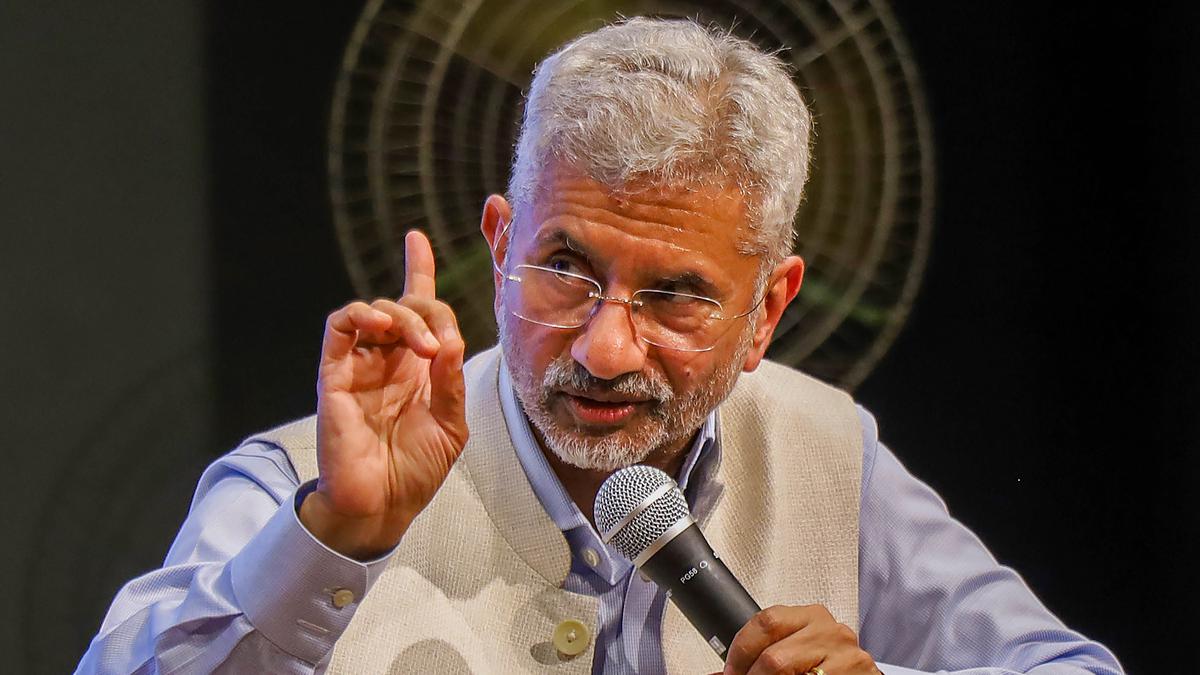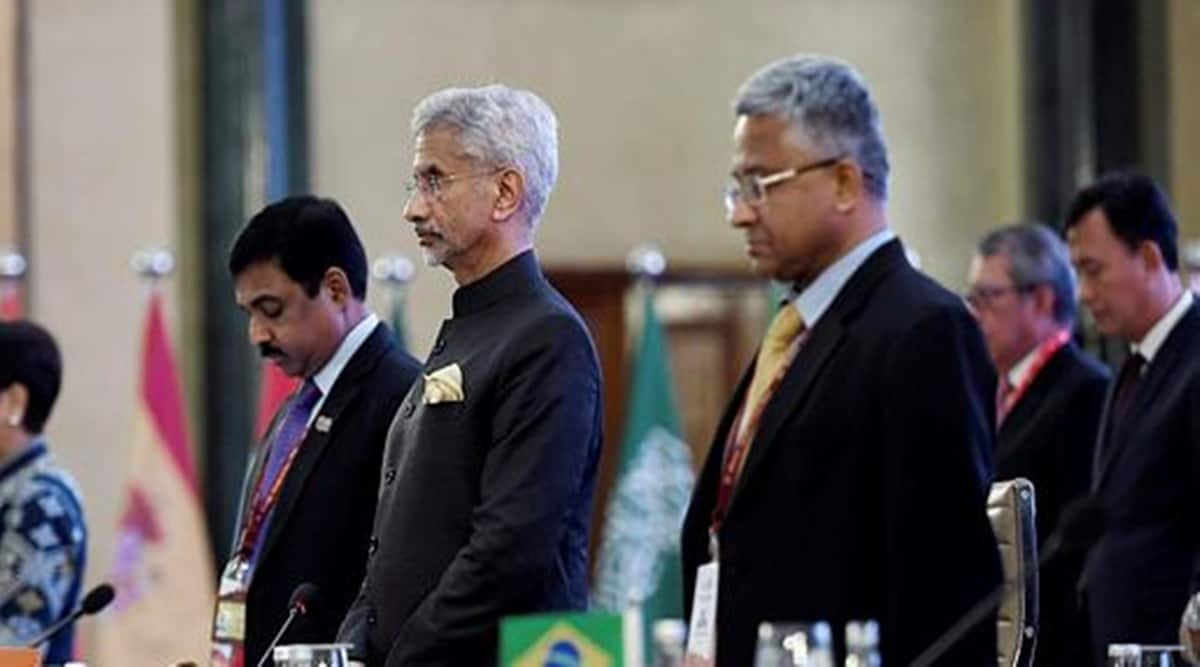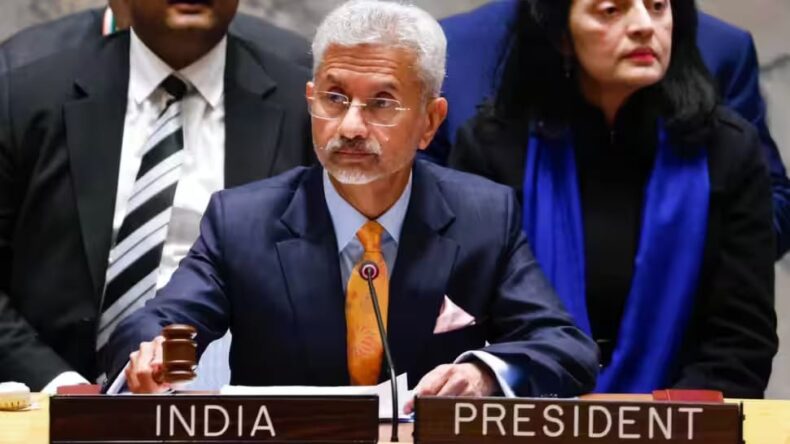S. Jaishankar, India’s Foreign Affairs Minister, said on March 29 that the G-20 had returned to its basic goal of global growth and development, a year after it was seen wrestling with the Ukraine conflict.
Mr. Jaishankar said at the Network18 Group’s “Rising India Conference that the G-20 was not the key forum for debating international peace and security and that India would like it to return.
“I believe our contribution was to get the G-20 back to business. The G-20 is not the United Nations Security Council. “That is not the principal venue for discussing world peace and security,” added the minister.

Table of Contents
History of G20
Since the G20’s formation in 1999, India has been a member. India first joined the G20 as an observer and then as a guest invitee before becoming a full member in 2008. Since then, India has taken an active role in a number of G20 meetings and initiatives, pushing for topics such as global financial stability, sustainable development, and climate change. The G20 summit was held in India in 2017, with an emphasis on empowering women, enhancing digital infrastructure, and combating terrorism.
India has also worked with G20 nations on projects such as the International Solar Alliance and the Coalition for Disaster Resilient Infrastructure. Nonetheless, India has had problems with other G20 members, most notably over agricultural subsidies and intellectual property rights. Despite these obstacles, India remains dedicated to participating in the G20 and contributing to global economic and social progress.

Why did Mr Jaishankar say that India got G-20 back to its real business
S. Jaishankar, India’s Foreign Affairs Minister, believes that India has successfully returned the G-20 to its original agenda of global growth and development, which had been sidelined by debates surrounding the Ukraine war. While its original goal was to focus on topics such as food and energy security as well as green finance for nations, the G20 is not the principal forum for discussing international peace and security. Jaishankar stressed that the G20 should focus on issues that affect approximately 200 countries throughout the world.
According to Jaishankar, India’s contribution to the G20 was the introduction of the concept of “global skills mapping,” which addresses the issue of skills and demand in various geographies.
He lauded India’s efforts to become the “voice of the global south,” emphasizing the effort that went into winning the G20 leadership and bringing fresh ideas to the organization.
The G20 Finance Ministers and Foreign Ministers Meeting reached a 95% consensus on problems. Jaishankar’s speech demonstrates India’s efforts to actively shape global issues while keeping the G20 focused on its core goal. On the subject of human rights, Jaishankar stated that he would explain the situation with love, referring to the recent nomination of Eric Garcetti as the United States’ Ambassador to India and his views on human rights and discrimination as expressed through the Citizenship Amendment Act (CAA).
In conclusion, S. Jaishankar’s remarks on the G20’s return to its fundamental purpose of global growth and development represent a huge accomplishment for India, which has been an active participant in the organization since its establishment. Jaishankar has helped guide the G20 back to its original goal by underscoring the importance of the G20 focusing on issues that impact all countries. India’s introduction of the notion of “global skills mapping” exemplifies the country’s commitment to shaping global challenges and bringing new ideas to the table. Notwithstanding impediments such as agricultural subsidies and intellectual property rights, India remains dedicated to participating in the G20 and contributing to global economic and social progress.
With its efforts to become the voice of the global south, India has demonstrated its leadership in the international community and its commitment to building a better world for all.













